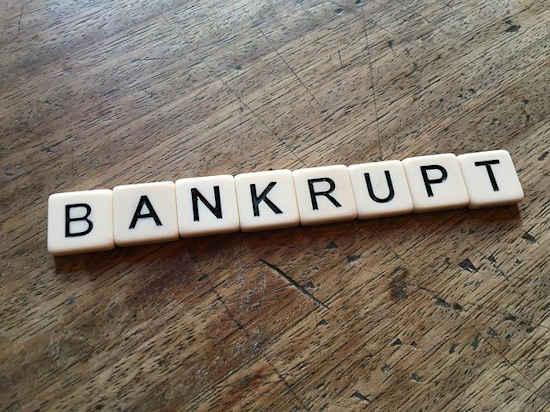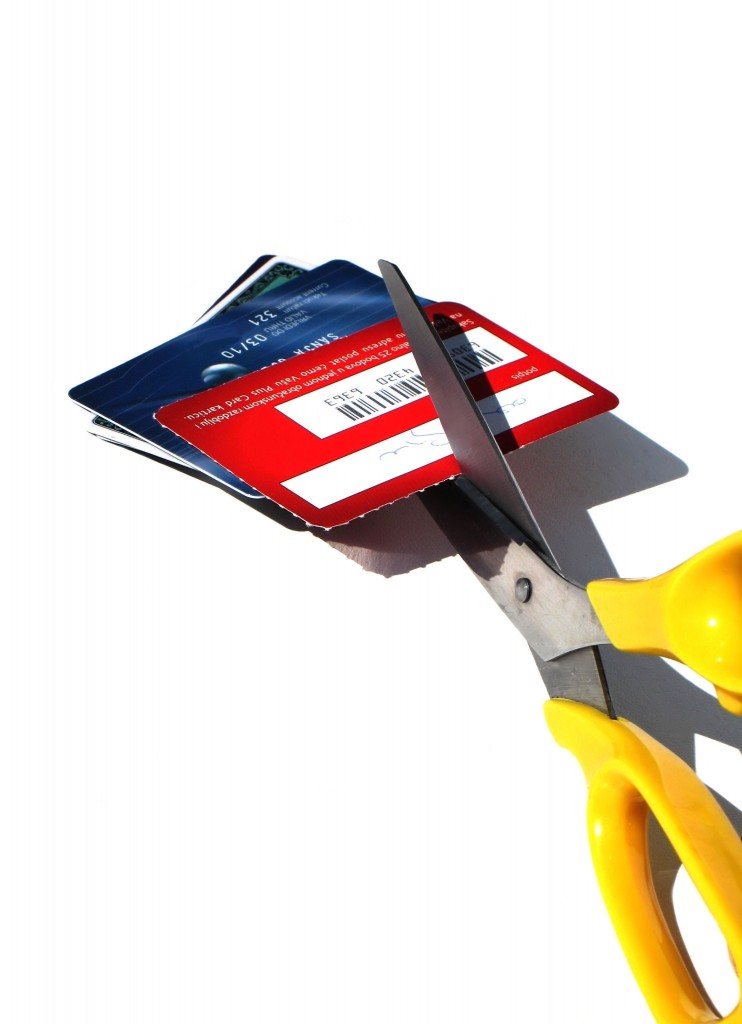Facing a bankruptcy can be difficult for the whole family. Before you embark on this serious step here are a few things you should consider.
Understand the Types of Bankruptcy
Personal bankruptcy generally comes in two flavors, known by their places in the federal Bankruptcy Code: Chapter 7 and Chapter 13. The primary differences between these two types of bankruptcy are who qualifies financially and what happens to your property. Chapter 7 requires you to sell your non-exempt property to pay off debts.
Chapter 7 bankruptcy typically discharges your obligations and allows you to get on with your life. But it is restricted to low-income debtors.
Chapter 13 gives you a chance to keep your property by completing a court-ordered repayment plan, which can take three to five years.
The Budget
Under Chapter 7 you need to develop a new budget yourself to avoid getting yourself into the same problems again. The good news is that you won’t be making payments on all your debts anymore. The bad news is you can’t file Chapter 7 again until eight years from the date you FILED the previous Chapter 7.
Under chapter 13 the court will help you determine a monthly budget and provide oversight to ensure that you are sticking to it.
What Can I Keep Under Chapter 7 Bankruptcy
The rules vary by state but you may be able to keep your primary residence. The homestead exemption typically shields a certain amount of equity. But if you are behind on your mortgage payments you may still lose the house since the court sells off assets to satisfy your debts.
Recover After Bankruptcy

Once your bankruptcy is finalized you need to work to get your financial house in order. If you want to recover financially after your bankruptcy don’t make the same mistakes again.
Manage Consumer Debt
If you filed a Chapter 13 bankruptcy, Credit accounts, including those held by teenagers in the family, should be paid down or paid in full as quickly as possible. Follow the court-determined payment schedule and avoid taking on more consumer debt. Typically, a bankruptcy on your credit report means that only credit cards with high-interest rates will be offered initially. Stick to cash or debit cards to avoid the debt trap.
If you filed chapter 7 bankruptcy most debts are discharged, including credit card debt, so don’t make the same mistake again, stick to cash or debit cards to avoid the debt trap.
Pay Bills on Time
Make sure to pay all your bills on time. That is one of the key things noted on your credit reports that can impact your credit score and rating. In addition, paying on time will channel income where it needs to go before using funds for discretionary purchases, which are often spontaneous. If you must be late in making a payment, contact the creditor and explain why. Often, a note will be added to your account, and your credit standing will not fall unless the problem recurs frequently.
Get Legal Help
Consult a bankruptcy lawyer about the best ways of working through a bankruptcy. They are experts at helping people to improve their financial circumstances until the bankruptcy drops off their credit report in a few years.
According to Knollmeyer Law Office, PA, you need to ask yourself the following questions before deciding on Chapter 7 Bankruptcy:
- Will enough debt be discharged to make this option worth your while?
- Will you be required to give up property you’d rather not part with?
- Are you already protected from creditors? Meaning are they barred from taking your property or income whether or not you file for Chapter 7 bankruptcy?
- Are there any co-signors responsible for any of your debts?
Knollmeyer also says there are several advantages to Chapter 13 bankruptcy:
- Make payments you can afford over 3-5 years
- Discharge debts you do not pay in full
- Potentially save your home from foreclosure
- Remove a 2nd or higher mortgage
- Protect any co-signers from negative action
- Stop garnishments and levies
Prepare questions for your meeting with an attorney who can advise you on the action steps to follow in improving your finances. Going through bankruptcy is challenging, but it doesn’t have to be devastating. Adjust your spending, avoid new debt, pay off credit accounts, and get legal advice from a bankruptcy expert as you make the best of your situation.
You might also like:
- What to Do When Debt is Burying You Alive
- Tips for Surviving Foreclosure
- 5 Things to Consider Before Filing for Bankruptcy
- Basic Bankruptcy Facts You Should Know
- Are You Too Broke for Bankruptcy?
- When is Filing Bankruptcy Necessary?


